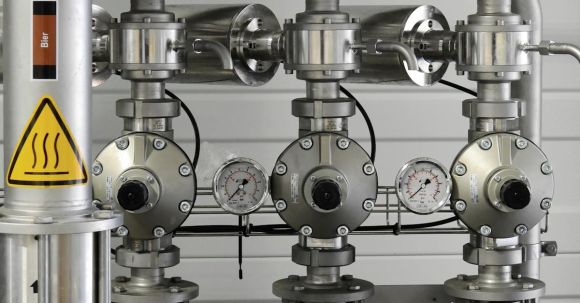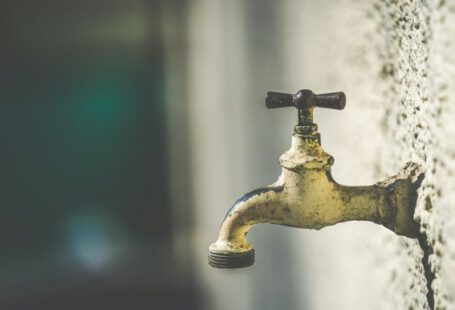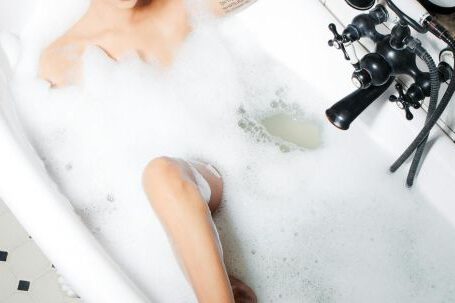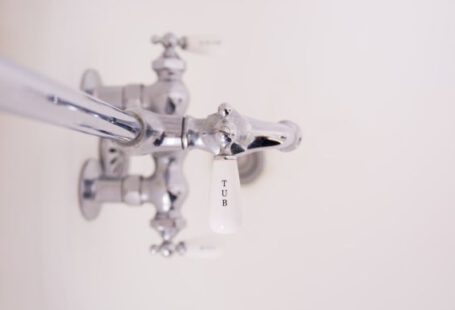Your home plumbing system is an essential component of your daily life. From providing clean drinking water to ensuring proper sanitation, it plays a vital role in maintaining a comfortable and healthy living environment. However, like any other system, your plumbing requires regular maintenance to ensure its longevity. By following a few simple tips, you can extend the life of your home plumbing and avoid costly repairs.
Watch What Goes Down the Drain
One of the most effective ways to extend the life of your plumbing is to be mindful of what goes down the drain. Avoid pouring grease, oil, or coffee grounds down the kitchen sink, as they can solidify and clog the pipes. Similarly, in the bathroom, avoid flushing items such as baby wipes, cotton balls, or feminine hygiene products, as they can cause blockages.
Invest in a Water Softener
Hard water can cause significant damage to your plumbing system over time. The minerals present in hard water, such as calcium and magnesium, can build up inside the pipes, leading to clogs and reduced water flow. By installing a water softener, you can prevent these mineral deposits from forming, thereby extending the life of your plumbing system.
Inspect and Repair Leaks Promptly
Even the smallest leak can lead to significant damage if left unattended. Regularly inspect your plumbing for any signs of leaks, such as damp spots, water stains, or musty odors. If you notice a leak, no matter how minor, address it immediately. Ignoring leaks can not only waste water but also cause structural damage to your home and lead to mold growth.
Protect Your Pipes from Freezing
During the winter months, frozen pipes can be a major concern. When water freezes inside the pipes, it expands and can cause them to burst, resulting in costly repairs. To prevent this, insulate your pipes, especially those located in unheated areas such as basements, crawl spaces, or attics. Additionally, during extremely cold weather, allow a small trickle of water to flow from the faucets to keep the pipes from freezing.
Be Mindful of Water Pressure
High water pressure might seem desirable, but it can put unnecessary strain on your plumbing system. Excessive pressure can cause pipes to burst, joints to loosen, and fixtures to wear out prematurely. Use a pressure regulator to ensure that the water pressure in your home remains within a safe range, typically between 40 and 60 psi (pounds per square inch).
Schedule Regular Maintenance
Just like any other system, your plumbing requires regular maintenance to ensure its proper functioning. Schedule periodic inspections with a professional plumber to identify any potential issues before they escalate into major problems. A plumber can also perform routine maintenance tasks such as cleaning drains, checking for leaks, and replacing worn-out parts.
Conclusion
By following these tips, you can significantly extend the life of your home plumbing and avoid costly repairs. Remember to watch what goes down the drain, invest in a water softener, promptly repair leaks, protect your pipes from freezing, be mindful of water pressure, and schedule regular maintenance. By taking these preventative measures, you can enjoy a reliable and efficient plumbing system for years to come.



